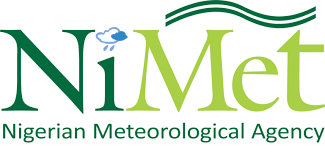The Nigeria Meteorological Agency (NiMet), the Nigerian Hydrological Service Agency (NIHSA), the African Centre of Meteorological Application for Development (ACMAD), the Agro-Hydro-Climatic Meteorology (AGRHYMET) and the World Meteorological Organisation (WMO) have commenced fresh perspective on producing a unified quality and reliable forecasts that would address emerging climate change disasters and vulnerabilities in Africa and across the world.
The Director General of NiMet, Prof. Charles Anosike, while declaring open a five-day Regional Climate Outlook Forum of the Seasonal Forecasting of Agro-Hydro-Climatic characteristics of the Sahelian and Sudan Region of West Africa and Sahel (PRESASS 2024) in Abuja, noted that accurate and qualitative forecast as being advocated by the United Nations (UN) through its Early Warning System for All could protect lives and property against emerging climate disasters.
Anosike explained that this year’s meeting was timely because weather and climate events continue to take a toll on the regions despite the tremendous advances and investments in climate science and operational forecasting over the past century.
He said: “We are delighted to have scientist from the region and beyond who will be running different models and analyses for the next four days to come out with robust seasonal outlook for the region. This is key in achieving the United Nations early warning for all.”
Also, the Director General of the Nigeria Hydrological Services Agency (NIHSA), Clement Nze commended the efforts of all the stakeholders for producing a regional forecast through timely information for the management of regional resources in a sustainable manner in the face of the realities of Climate Change and its attendant consequences.
He noted: “This effort is a testament to our commitment to use scientific methods and processes to tackle Hydro-climatic challenges of this day and age. The PRESASS, when scaled down to national level, often agrees with the predictions made, and serve as a complementary tool for disaster risk management.
“I have been informed that about 20 countries are expected to participate in the workshop with experts drawn from respected regional bodies, with this I am sure the objective of the workshop would be realized and the regional forecast will help in building resilience to flooding, improve crop yield and minimize water related diseases.”

